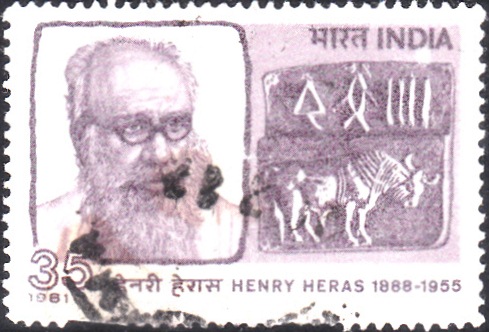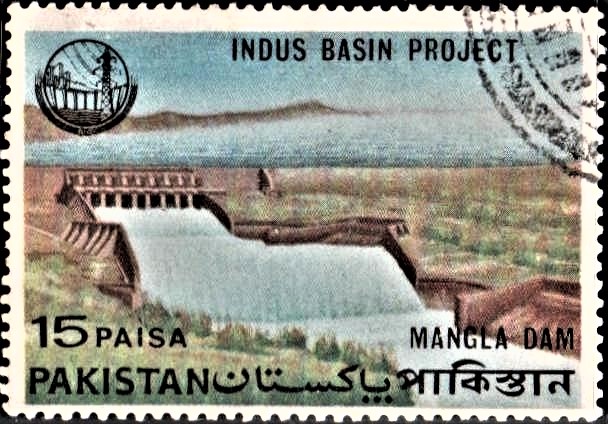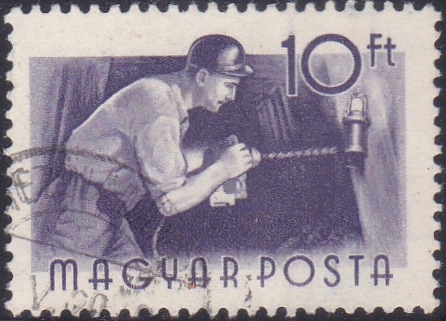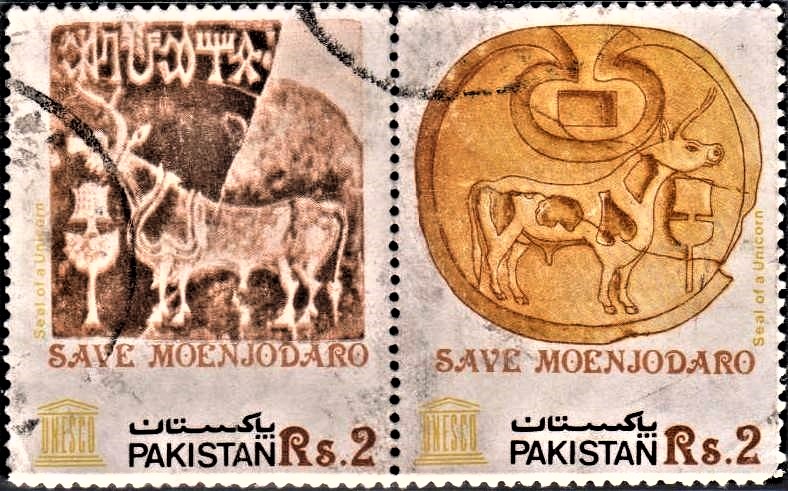
Henry Heras
A commemorative postage stamp on the Death Anniversary of Henry Heras, a Spanish Jesuit priest, worked as archaeologist and historian in India :
 Issued by India
Issued by India
Issued on Dec 14, 1981
Issued for : Indian P & T Department is privileged to issue a stamp in his honour.
Description of Designs : The stamp, designed by India Security Press, has a portrait of the personality alongwith the facsimile of Indus Valley seals. First day cover, designed by India Security Press, shows the Logo of Heras Institute and Mohenjo-Daro seals. The cancellation was designed by Charanjit Lal.
Type : Stamp, Postal Used
Colour : Deep Rose–Lilac
Denomination : 35 Paise
Overall Size : 4.06 x 2.75 cms.
Paper : Printed on unwatermarked P.G. matt coated paper
Name : Enric Heras de Sicars
Born on Sep 11, 1888 at Barcelona, Spain
Died on Dec 14, 1955 at Mumbai, India
About :
- Henry Heras was born in Barcelona, Spain, on 11 September 1888, and did his early studies in that city. He joined the Society of Jesus in 1904, and was ordained priest in 1920. In October 1922 he came to India, and was assigned to St. Xavier’s College, Bombay.
- Fr. Heras was keen to investigate the treasures of Indian history and culture, and at the same time sharply aware of the need to train historiographers. He got his research students interested in similar themes, composing for them a masterly little treatise on The Writing of History. In 1926 he launched the Indian Historical Institute, which was to produce a galaxy of historians and indologists, and was later to be named after him the “Heras Institute of Indian History and Culture”.
- His early work was in Mughal history and Jesuit sources. His first major historical work was on The Aravidu Dynasty of Vijayanagara (1927). Around 1935 Fr. Heras became interested in the discoveries at Mohenjo–Daro and Harappa, and soon all his attention was centered on the problem of deciphering the Indus Valley script. This led to numerous monographs, culminating in his magnum opus, Studied in Proto–Indo–Mediterranean Culture (1955). In this pioneering work he put forward the view that the language of the Indus Valley was proto-Dravidian, ancestor of modern Tamil. He also investigated into the relation between the Indus Valley civilisation and the other ancient civilisations of Sumer, Egypt and the Mediterranean.
- Besides building up the Indian Historical Research Institute, with its excellent library and museum, at St. Xavier’s College, Fr. Heras was also a founder of the Bombay Historical Society. He was an active member of the Indian Historical Records Commission, the Indian History Congress and the International Congress of Historical Sciences.
- His identification with India was total, and on the establishment of the Republic he became an Indian citizen. Fr. Heras was a painstaking researcher with deep fund of knowledge and passion for objectivity. He was far ahead of his times in his interpretation and appreciation of culture of the land of his adoption. He did much to render Christian themes through Indian symbols and styles of art. He encouraged and inspired young artists, and presented their work in exhibitions in Bombay, Rome, Madrid and Lisbon, meriting the title of “Father of Indian Christian Art”. He passed away in Bombay on 14 December 1955.
- (Text by John Correia-Afonso)







